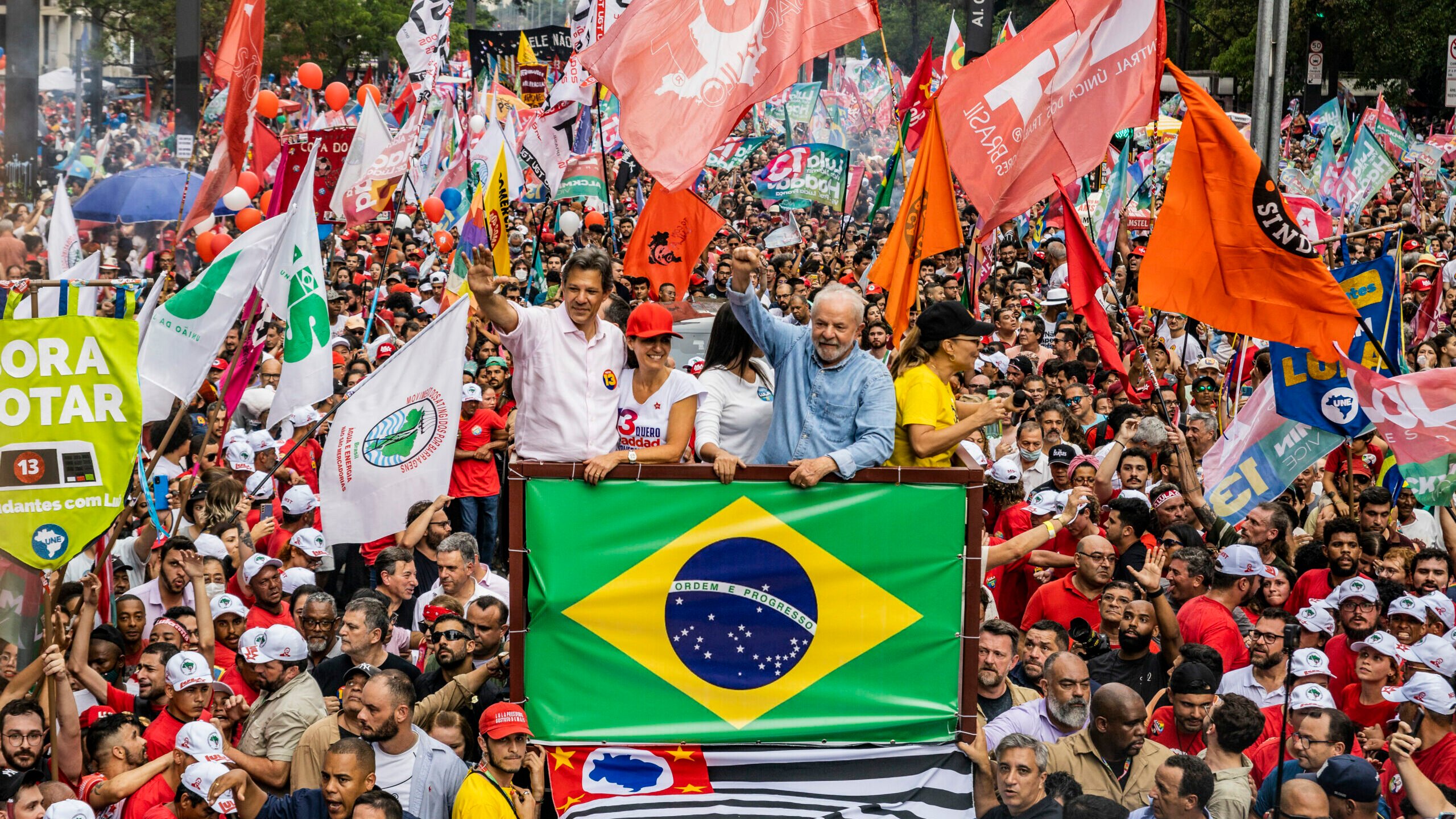Third World revolt
Global South countries are leveraging competition between China, Russia, and the US to address multifaceted crises. Is it enough? Tune in to our discussion on the AIAC Podcast.

Brazil's President Lula who could emerge as the de facto leader of a constellation of third world states. Credit Mídia NINJA CC BY-NC 4.0.
After Russia’s invasion of Ukraine, a multi-polar order started taking shape. Determined to impose economic costs on Putin’s regime for its aggression, the West quickly and unilaterally undertook to sanction and isolate it. But these decisions were not without ramifications for other countries in the world, especially large swathes of the Global South, where Russian imports, particularly energy and wheat, are the norm. Feeling the economic pain of the West’s economic war and keen to capitalize on their need for support, countries in the global South have adopted a strategic neutral stance for better leverage.
As Tim Sahay argues, “Countries like China, India, Indonesia, Brazil, South Africa, Mexico, Saudi Arabia, and the United Arab Emirates have refused to sacrifice their national interests to punish Russia. Most importantly, they believe their bargaining power in the new Cold War will result in sweeter trade, technology, and weapons deals from the West.” Although the old non-alignment was rooted in moral and political principles, today’s one is driven by pragmatism. Tim joins Will Shoki to discuss the future of non-alignment in the era of great power competition between the West and the China-Russia axis. Will non-aligned countries mount a co-ordinated response to global challenges such as energy and security? And, how will they respond to the coming debt crisis precipitated by the West’s monetary policy tightening to contain inflation?
Tim Sahay is currently the senior policy manager at Green New Deal Network, a coalition of labor, climate and environmental justice organizations growing a movement to pass national and international green policies.
Listen to the show below, watch it on YouTube and subscribe via your favorite platform.



